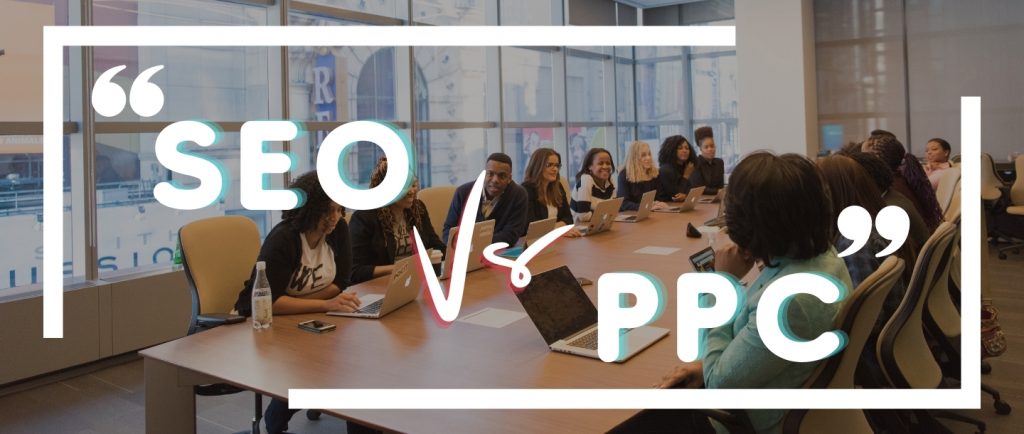
Update Your Website for SEO With Keywords
By Mobistreak on Oct 15, 2020
Search engine optimization (SEO) is not a one-time process. Google is constantly updating its algorithm to ensure users are able to read the best content possible. Your competitors are likely making changes to their sites in an effort to rank high so if you aren’t, maybe it’s time you started.
The 3 most important tools to help you rank and keep your website updated is
In this article, we’ll be focusing on Keywords and how you can keep your website updated and always optimized with keywords. If you haven’t read our previous article on how you can use content to update your website for SEO, you can visit this link and read about that too.
1. Identify new keywords
Keywords play an important part in the success of your SEO optimization campaign. Regularly identify new keywords and incorporating them onto your website pages is a great SEO strategy to follow.
Keyword research should be the basis of your digital marketing plan. It is important to stay up to date with the latest keywords strategies and constantly research new keywords to improve your SEO.
The way people search for products and services is constantly evolving, causing a constant change in search patterns, and updating your keywords will ensure that you get the best results from your SEO strategy.
When you start looking for new keywords, you’ll automatically discover keywords that you were not currently targeting but may be beneficial for your business. Think about what phrases and words you would use to search for your product and services in today’s online world. This will help you find unique and different keywords to optimize your website for SEO.
If you’ve added new products or created a new service, you’ll need to do keyword research for those, too, and update your website to help you rank for them too. New additions often lead to opportunities for new content, and incorporating relevant keywords can help you boost your sitewide SEO strategy.
2. Optimize your title tags
Your page title is the main piece of information users will see in search results. This is one you should have one that is unique and is able to grab the attention of your audience. It should also be clear and crips and ensure it portrays correctly that your website page has what the user is looking for.
Each page title tag should be designed to target a specific keyword, If you want a specific page to rank for “SEO optimization” for example, you should include this phrase in the title tag of that page.
Title tags are important as it improves clickthrough rates when you include the specific keywords a user searches for in your title tags, there are more likely to click on your page, knowing that the information they require is on that page.
3. Use keywords in meta descriptions
Along with your title, your meta descriptions will also show in search results, making them valuable pieces of real estate in the results pages. Meta descriptions may not have a direct impact on search engine rankings, but they can be used to improve your clickthrough rates. The increase CTR will have a positive impact on search engines which help boost your rankings.
Additionally, when a user searches for a specific phrase, the words in his/her search will appear in bold on the results page. Hence incorporating those words into your meta descriptions will help your page stand out.
For this reason, it’s also important that you use relevant keywords in your meta description. Also, make sure to use keywords or phrases in a way that encourages users to click on it and reach your website.
4. keywords should be incorporated naturally into your content
When you’ve found a new keyword and you’re looking to incorporate it into your page or you are adding a new page to your website, keep in mind that you include those keywords naturally. It’s easy to go overboard and misplace the inclusion of your keywords but you have to make sure that you do so in a way that feels natural to readers.
Keywords will help search engines understand what a particular page or your website is about in order to rank your site. As you update your site, you may decide to target and include new keywords on your site. You can do so by maybe rewriting pieces of content to adapt to the new keyword. The more the keywords match your content the better chance of your page ranking for them.
You can include your target keyword throughout your body copy, as well as in headings and subheadings where it makes sense. But ensures you avoid keyword stuffing as this could work against you.
When you excessively use keywords, especially in ways that don’t make sense, it negatively impacts user experience and search engine crawlers will detect this as misleading practices to improve your rankings in search results. This can lead to a search engine penalty and ultimately damaging your rankings.
Are you ready to optimize your website? get in touch with Mobistreak for a FREE audit.
FAQs
How do I add SEO keywords to my website?
There are many ways you can add SEO keywords to your website, here are a few
- Optimizing your page titles is a good starting point when using keywords for SEO
- Meta descriptions optimization by using relevant keywords and keywords phrases
- Including relevant keywords in your subheadings
- Content optimization
- Include images and videos to help customers engage in your website and stay on your page longer
- URLs
- Link Anchor Text
Does updating your website help SEO?
Yes, SEO is a great way to boost your website experience and ranking. This is the perfect way to increase the traffic to your website from search engines, and it’s guaranteed to make a huge improvement in how well your content ranks, while also ensuring you offer a good experience to your customer.
How do I add organic keywords to my website?
Here are 5 steps to optimize a webpage for organic keywords
- Choose the keywords to focus on
- Prioritize relevant keywords directly related to your product or service
- Check if important content on your page is getting indexed
- Ensure the indexed text is unique
- Improve the search listings for the keywords












